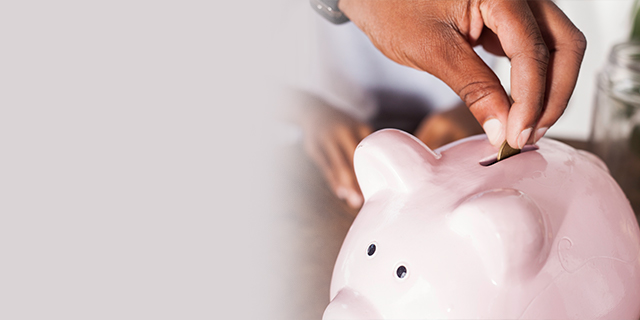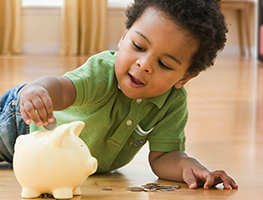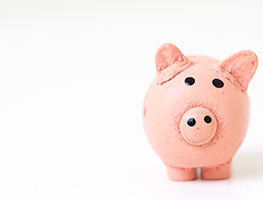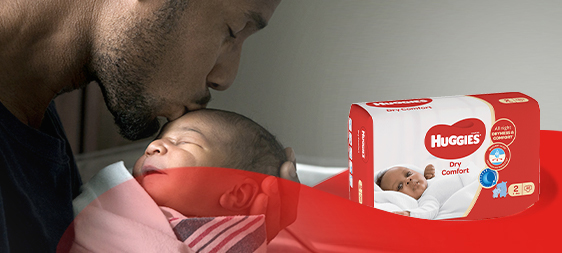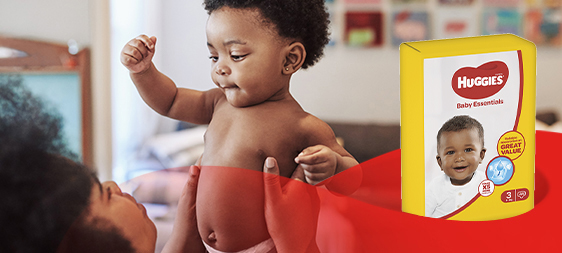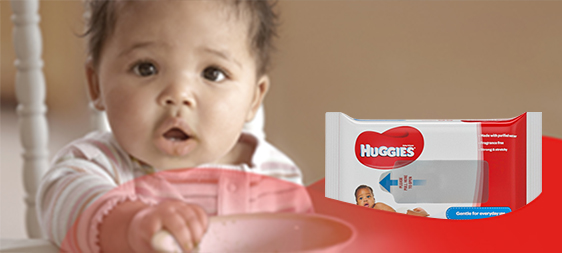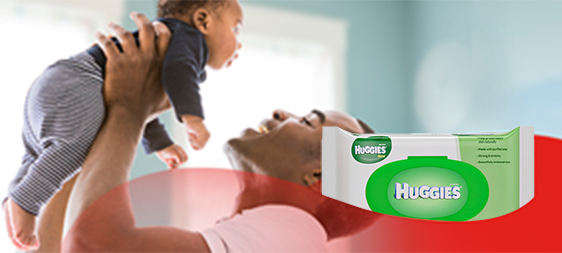The good news is that you’re having a baby. You’re excited! Then you start to worry. Will I be a good parent? Will I know what to do? And then comes the big one – how will we afford it? It’s true that babies cost money. But it’s also true that they don’t need to cost as much as baby product manufacturers would have us believe. It’s possible to have a baby on a budget – it’s just a matter of thinking outside the catalogue.
1. The birth
Giving birth to your baby might cost you from N200, 000 up to NGN 2 million – which may be covered by your HMO. Some states in Nigeria also provide this service for free at state owned hospitals. You might find yourself having to pay for some pathology tests, ultrasound procedures or private antenatal classes – all depending on the coverage offered by your HMO, if you have one. If you go to a state hospital, the antenatal classes will be for free and you’ll pay significantly less for the birth and subsequent care.
2. The books
In the olden days, theories and practices of baby care were passed down from generation to generation. Now that we’re having our babies later and our families tend to be more far-flung, most moms-to-be rely on a book. Or 3 000. While it’s possible to spend several thousands of naira on so-called “Baby Bibles”, you don’t need them all.
If you’re on a budget, come online to sites like the Huggies site where you can find relevant information to help you. Or ask around – there’s bound to be a friend of a friend with old pregnancy books they’re just about ready to offload. Most family bookshelves seem to have copies of “What to Expect When You’re Expecting” by Heidi Murkoff, Arlene Eisenberg and Sandee Hathaway; “Baby Love” by Robin Barker, and a few others dealing with pregnancy and the early childhood years. There’s good reason for that.
Of course, as mentioned above, one of the best sources of up-to-date parenting info is right here on our Huggies site and it’s completely free!
3. The equipment
It’s true that babies seem to require a lot of stuff. When you begin to plan, it can seem overwhelming – and expensive. Chances are, though, that you’re being offered a lot of things you don’t need. Essentials include somewhere safe for your baby to sleep (bassinette or cot), some quality wraps for keeping your baby snug, a safety seat for your car. A purpose-built change table can be a huge nice to have, simply because you spend a lot of time bent over little bottoms in the first few months, but you could still manage without, especially if you don't plan to have a separate room or nursery for baby. But the expensive baby bags, portable bottle warmers and other paraphernalia? Wait to see if you really need them.
If you plan to have a dedicated nursery for baby, it would be good idea to make sure that what you’re buying fits in your baby’s nursery! Read more about nursery décor and furniture here
4. The clothes
Most moms find shopping for a new baby even more fun than shopping for themselves. There are so many cute things to buy! But, just as with shopping for yourself, baby clothes can be divided into basics and “fashion” – and babies mostly only need the basics. It’s true that small babies can require three or four changes of clothes a day due to “accidents”, so you do need a good supply of singles, all-in-one suits, cotton separates, and tiny socks. But you don’t need to spend a lot of money to get them. Once again, ask family and friends. Children grow so fast that every mom has a stash of cast-off clothes in smaller sizes – and she’s usually keen to off-load them. You can often find great second-hand clothing items or buy baby clothes in bulk, in various sizes, and at budget prices. Yes, it’s good to have one or two “nice” outfits for your baby to wear – but for the most part he or she will be just as happy in hand-me-downs.
5. The food
The best tip for having a baby on a budget is to do your research. Put some time into finding out what you and your baby really need – and what you don’t –and you’ll find your money stretching much further.

